-
Courses

Courses
Choosing a course is one of the most important decisions you'll ever make! View our courses and see what our students and lecturers have to say about the courses you are interested in at the links below.
-
University Life

University Life
Each year more than 4,000 choose University of Galway as their University of choice. Find out what life at University of Galway is all about here.
-
About University of Galway

About University of Galway
Since 1845, University of Galway has been sharing the highest quality teaching and research with Ireland and the world. Find out what makes our University so special – from our distinguished history to the latest news and campus developments.
-
Colleges & Schools

Colleges & Schools
University of Galway has earned international recognition as a research-led university with a commitment to top quality teaching across a range of key areas of expertise.
-
Research & Innovation

Research & Innovation
University of Galway’s vibrant research community take on some of the most pressing challenges of our times.
-
Business & Industry

Guiding Breakthrough Research at University of Galway
We explore and facilitate commercial opportunities for the research community at University of Galway, as well as facilitating industry partnership.
-
Alumni & Friends

Alumni & Friends
There are 128,000 University of Galway alumni worldwide. Stay connected to your alumni community! Join our social networks and update your details online.
-
Community Engagement

Community Engagement
At University of Galway, we believe that the best learning takes place when you apply what you learn in a real world context. That's why many of our courses include work placements or community projects.
Economics
Economics at University of Galway
Economics at University of Galway provides a flourishing academic environment, linking teaching, research and public policy, with theory, data, and applications, looking both to the world of ideas, and the world around us.
There is a proud tradition of economics teaching and research at University of Galway, right back to the beginnings of the University in the 1840s. Near its origins, economics in Galway was led by John Eliot Cairnes, who was professor of political economy and jurisprudence, and who was recognized internationally as being amongst the leading economists of his day.
Our teaching and research are built upon the contributions of a diverse community of academic staff, researchers, and PhD students in Economics at University of Galway across a range of fields, actively engaged across boundaries to contribute to the public good.
Teaching
Economics has long been central to public policy debate domestically and globally. As economies—including Ireland’s—have gone through cycles of boom and bust, citizens and policy makers have intensively discussed the causes and consequences of global economic events, and the range of policy options to meet global challenges. They have looked to economics and to economists (often critically) to provide explanations—and solutions. So there has rarely been a better time to study economics at University level, in order to appreciate the terms of an ongoing and lively set of debates, of huge importance for all of us.
At any one time, approximately 1,800 students across the University are taking at least one economics course. In addition to economics majors in undergraduate programmes such as general and denominated B.A. and B.Comm. degrees, we offer specialised undergraduate degrees in Financial Mathematics & Economics, Government (Politics, Economics & Law), and provide economics courses for many others degrees, including those in science, medicine and engineering.
Both our undergraduate and postgraduate teaching are built upon the contributions of a diverse community of academic staff, researchers and PhD students in Economics at University of Galway across a range of fields, actively engaged across boundaries to contribute to the public good.
Our teaching emphasises the links between theory and real-world applications, with a particular focus on rigorous data analytics, across a diverse range of industry and policy fields, ranging from health economics, the economics of the environment, natural resources, (including climate change), marine economics, and financial economics (including FinTech).
At undergraduate level the main degrees with economics are:
- the BA degree, and related degrees in Arts, such at the BA (International), and the BA (Government) degrees
- Comm and related degrees, such as the B.Comm (Global Experience) and B.Comm (International) degrees
- Our specialised four-year B.Sc.(Financial Mathematics and Economics) degree
Find out more about undergraduate economics
Our main taught programmes in economics are:
- MEcon.Sc. in International Finance
- MSc. in Health Economics
- MSc. in Global Environmental Economics
- MSc. FinTech (Economics & Financial Technology)
Find out more about postgraduate economics
The PhD degree provides an opportunity to undertake sustained supervised research leading to a doctoral thesis. The PhD programme in economics at University of Galway has a strong track record in terms of the research student experience and the opportunities afforded to, and the achievements of, our PhD graduates.
Find out more about PhD economics
Research
Click here to visit our Discipline of Economics Research Website >
The Discipline of Economics within the J.E. Cairnes School of Business and Economics is focused on generating high-quality research output and impact that seeks to identify solutions to, and inform decisions about the grand challenges facing business and society leaders, public policy makers, and citizens in our region, nationally and internationally.
Economics has built strengths in particular areas connected to this goal, especially in health economics and ageing, environmental economics including marine economics, international finance and macro, and economic history, theory and methodology. These connect especially with two key areas of research distinctiveness for the School:
- Environment and Marine
- Health and Ageing
Colleagues in economics have built a thriving and evolving research ecosystem, reflected in a very active and successful PhD programme, and teams of faculty, doctoral, and postdoctoral researchers, many of whom are leaders and participants in University and School research units, including
- Health Economics and Policy Analysis Centre (HEPAC)
- Irish Centre for Social Gerontology (ICSG)
- Socio-Economic Marine Research Unit (SEMRU)
- Centre for Economic Research on Inclusivity and Sustainability (CEDRIS)
- Institute for Lifecourse and Society (ILAS)
Faculty and research students and staff are active contributors to international peer reviewed research in economics and to interdisciplinary audiences, focussed on the potential for research to inform real-world policy problems and generate solutions.
Engagement
A distinctive feature of Economics at University of Galway is our deep and diverse engagement with local, national, and global communities in exploring policy solutions to meet societal challenges.
Faculty members have served in senior national macroeconomic policy roles, including at central bank board level, leading key national institutions such the Irish Fiscal Advisory Council, and working as economic policy advisors to the Minister for Finance, and to the Taoiseach (head of government).
Colleagues working in financial economics regularly engage with industry professionals in banking, finance, and FinTech sectors to progressively enhance and inform teaching and research.
Our work in health economics is characterised by deep engagement with patient and citizen communities and groups, and with medical and public health practitioners and researchers across a range of disciplines, and with national policy makers and institutions, such the Department of Health, the HSE, the Health Research Board, and policy groups working on innovative approaches to meeting societal health, ageing, and wellbeing goals.
Teaching and research in environmental economics similarly is intensely connected to community groups (e.g., in evaluating impacts of sustainable energy projects and in assessing the value of preserving and enhancing ecosystems) and to policy makers in the domains of marine economics, agriculture, the energy transition, climate change, and sustainable development.
These and other interactions both enable our work to reach wide and diverse audiences, and to be deeply informed by evolving societal debates centred on the public good.
Internationalisation
Economics as a set of ideas offers insights for addressing policy challenges globally, and so international engagement informs all our work in Economics at the University of Galway.
Our faculty profile in respect of formation and interests, reflects a diverse set of international experience and engagement, which is further embedded in teaching and research work.
Undergraduate students in economics have increasingly exciting opportunities to study abroad as part of their degree programmes, especially in Europe and in North America, in both core BA and B.Comm degrees, and in internationally focussed degrees such as the B.Comm. (Global Experience) and the BA (International), while majoring in economics.
The focus on global challenges is reflected in Galway undergraduate economics, especially in applied policy modules teaching the economics of international financial markets, in health economics modules, and in modules on environmental economics, for which global challenges are central concerns.
Our taught postgraduate and PhD programmes attract growing cohorts of international students attracted by our focus on a range of global policy challenges in growth and development, in health, ageing and wellbeing, and in environmental and climate policy, for which economics at Galway offers rigorous foundations and public policy applications.








.png)
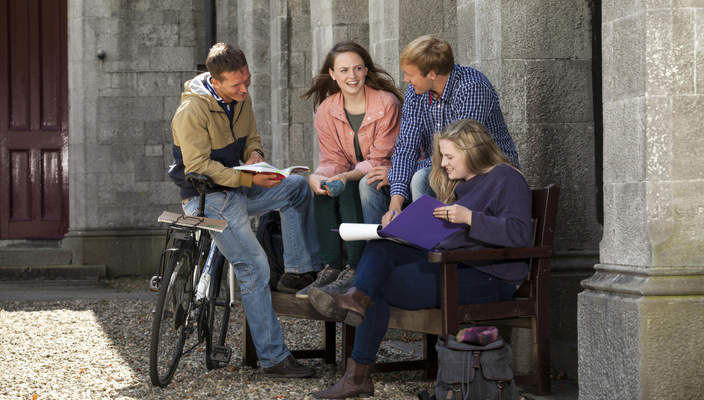
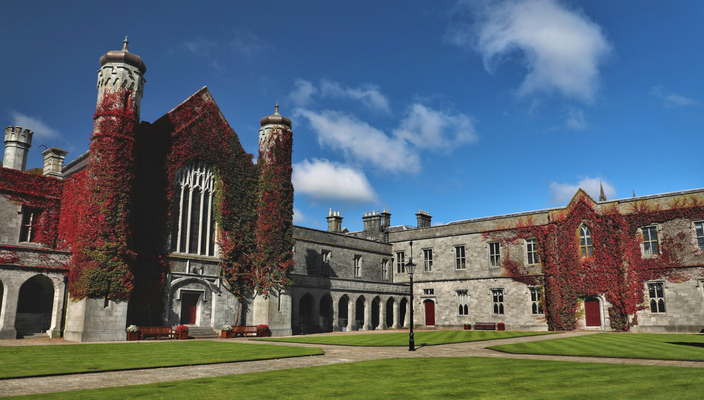
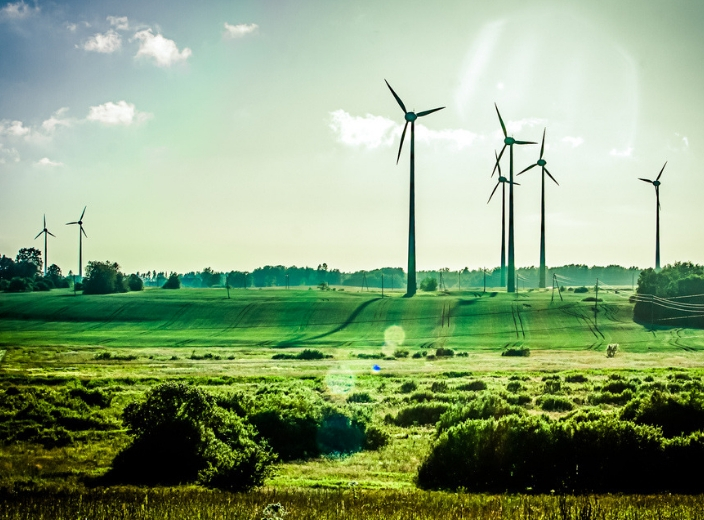
.jpg)

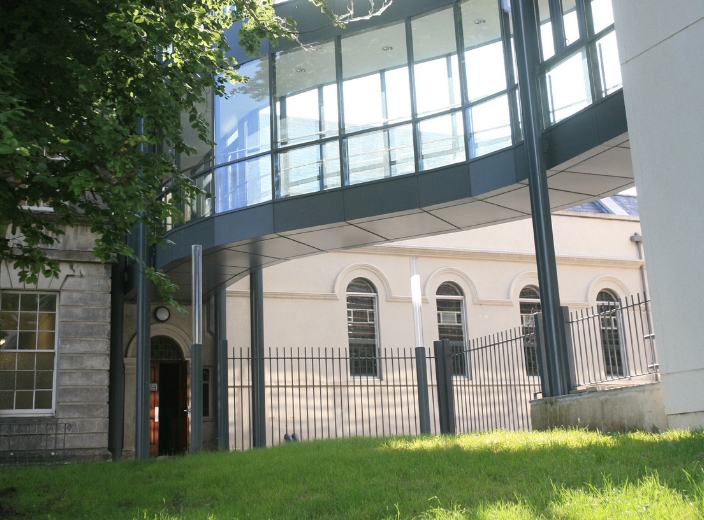

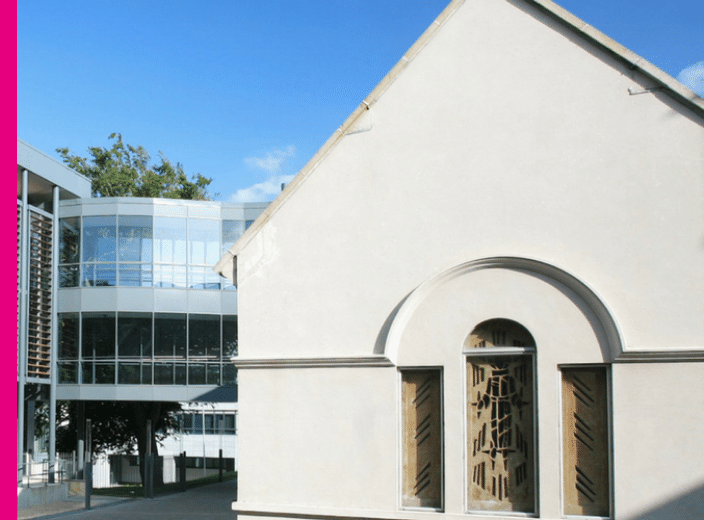

.jpg)


.png)










